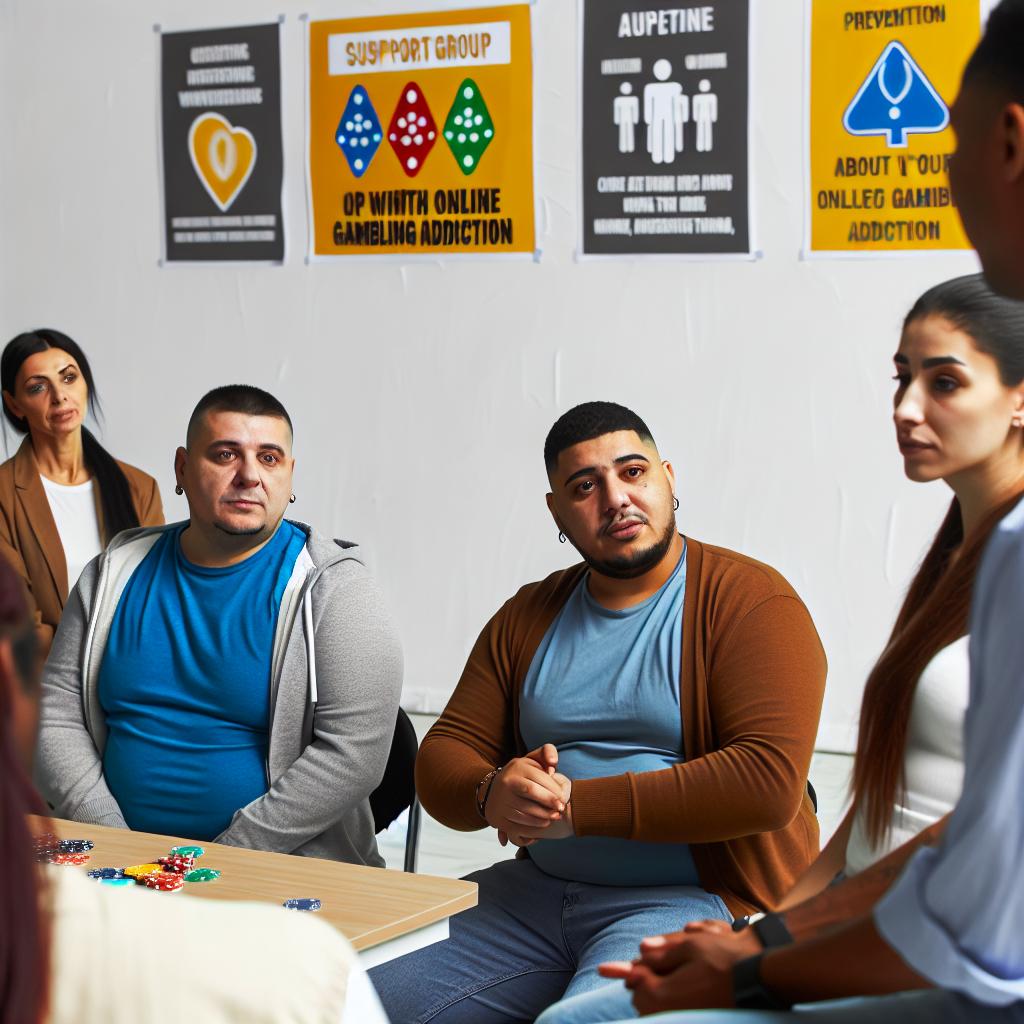Understanding Problem Gaming
Problem gaming, often under the umbrella term “gaming disorder,” refers to the excessive engagement in video games that results in adverse effects on the individual’s life. Individuals struggling with this disorder may face neglect of personal responsibilities, encounter physical health complications, and experience a gradual decline in the quality of their social relationships. As the gaming industry burgeons, there is a concurrent escalation in awareness about its potential downsides, which mirrors the recognition surrounding problem gambling.
Recognizing the Signs of Problem Gaming
Identifying problem gaming necessitates an awareness of changes in behavior and/or lifestyle. A few common indicators typically manifest through a considerable amount of time being dedicated to gaming, feelings of distress when unable to play, persistent gaming despite witnessing negative repercussions, and diminished interest in other activities. It is crucial to observe these signs with a non-judgmental attitude, as they can play an essential role in motivating the individual to seek necessary help.
The Role of Support Groups
Support groups serve as a community-based solution that can be essential for managing gaming addiction. By providing a secure environment, they allow individuals to share their experiences, discuss challenges, and strategize ways to reclaim control over their gaming habits.
Types of Support Groups
There are numerous support groups available to individuals grappling with problem gaming. Each of these groups can vary in format and approach. Many have begun leveraging online platforms to increase accessibility and inclusivity:
Face-to-Face Groups: These traditional support groups involve in-person meetings, offering participants the chance for direct interaction and establishing a more personal connection.
Online Forums: For those who are unable to access local face-to-face groups, these forums provide a valuable alternative. They maintain the convenience of anonymity and flexibility, often featuring discussion boards and live chat options that facilitate immediate interaction and support.
Professional-Led Workshops: Professionally guided workshops integrate educational components that are especially beneficial in understanding the psychological intricacies of gaming addiction. Such workshops are typically led by mental health professionals who can provide effective strategies and insights.
Accessing Support Resources
Locating a suitable support group can start by contacting local mental health organizations or community centers that have a focus on addiction resources. Additionally, many support groups maintain dedicated websites or are listed on addiction resource portals, making them straightforward to find through a quick online search.
For extended information, visiting organizations such as Gamblers Anonymous UK can be beneficial, as can exploring broader mental health resources like Mind. While some of these resources may primarily target gambling or general mental health issues, they also offer valuable insights that are applicable to gaming disorders.
Note: It is important to remember that seeking support from professionals or joining support groups is a constructive step, not just for the individual struggling with problem gaming but also for their friends and family. The repercussions of problematic gaming behaviors often extend beyond the individual, impacting their immediate social environment, and thus it is equally important for loved ones to understand and navigate these changes effectively.
Moreover, the path to addressing problem gaming often involves exploring the underlying triggers that contribute to this behavior. Whether it’s a form of escapism or a means to cope with real-life stressors, understanding the root causes of gaming disorder is vital for developing long-term, sustainable strategies for recovery.
In addition, modern surveillance tools, often integrated into gaming platforms, can be both a boon and a bane. These tools occasionally help players track their gaming patterns, encouraging them to limit their playing hours. However, they can also foster increased gaming habits due to persistent notifications and strategies aimed at keeping players engaged. Thus, a proactive approach must consider both the merits and demerits of such technologies.
Engaging in alternative activities—such as physical exercise, reading, or social interactions—can immensely help in reducing the time spent on gaming. Building a balanced routine that focuses on diverse experiences can create a more fulfilling lifestyle, minimizing the allure of continuous gaming.
Another strategy includes setting realistic goals, both daily and long-term. By charting out a plan, gamers can gradually reduce and manage their gaming time, ensuring that they remain on track to achieving a healthier balance between online and real-world activities.
Encouraging dialogues about gaming habits within families can also contribute in addressing problem gaming. Open communication allows for collective discussion about appropriate gaming time, establishing ground rules, and monitoring content to ensure it aligns with healthy entertainment choices.
Furthermore, there’s an exigent need for ongoing research into the effects of gaming on mental health. As gaming technology evolves, so must our understanding and responses. Evidence-based studies and data gathering will enhance our ability to develop advanced tools and interventions that ameliorate the effects of problem gaming.
In conclusion, problem gaming is an escalating issue that warrants serious attention. The blend of recognizing problematic signs, seeking community and professional support, and promoting healthy behaviors plays a crucial role in tackling this disorder. Through combined efforts from individuals, families, communities, and researchers, a path toward resolving gaming disorders can be effectively navigated.

